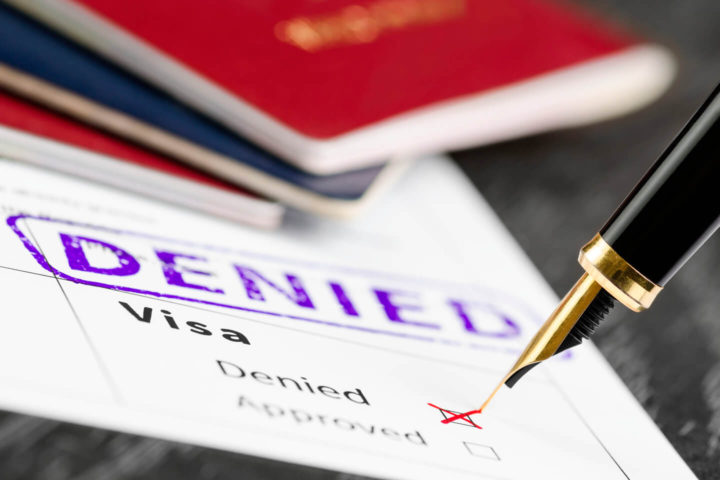Achilinks provide a range of services and resources for individuals who are navigating the immigration process. These services include legal representation and advice, assistance with filling out and submitting immigration forms and applications, language interpretation and translation services, adoption and additional support for immigrants and their families.
There are many reasons why a visa application may be denied. In some instances, the application may be denied because necessary information or supporting documents were not submitted by the applicant. In other instances, the applicant may be denied because they might have supplied false information or document, or may be ineligible on other grounds. If an applicant is denied a visa they are considered ineligible to enter the US.
Appeal | Adoption | Reunion

